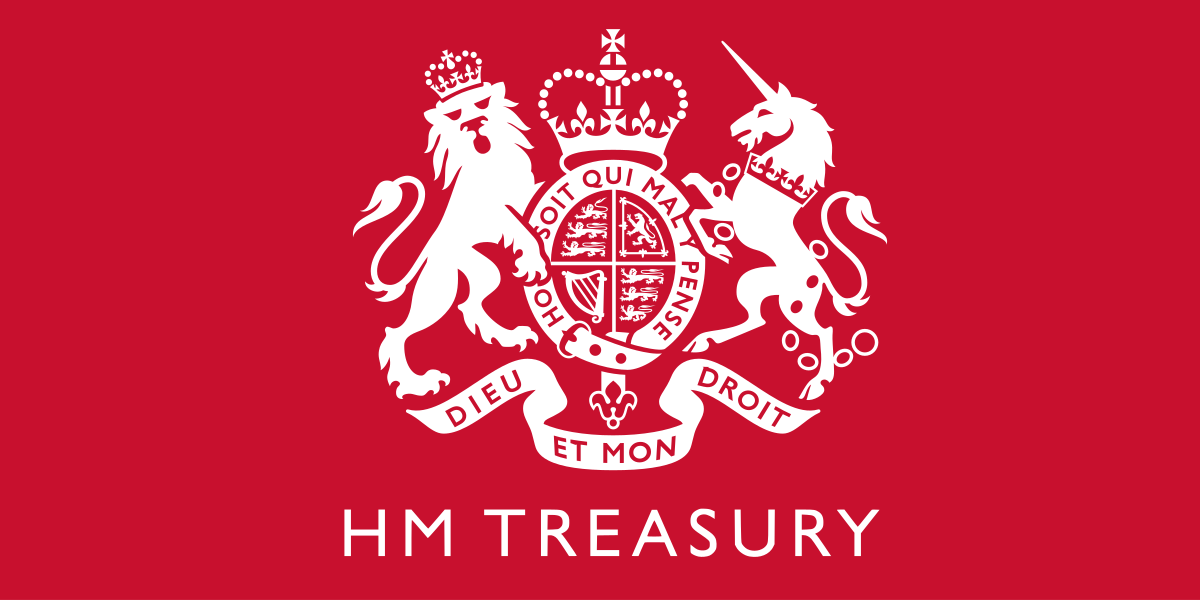HM Treasury has published its white paper outlining a framework for regulating cryptocurrencies, it was reported this week.
The 80-page report discusses numerous topics on digital assets, including stablecoins, initial coin offerings (ICOs), non-fungible tokens (NFTs), and others.
The published document comes amid Britian’s bid to leverage its financial capabilities to become a major hub for fintech and emerging technologies.
The regulations will join those of the UK Financial Services and Markets Act 2000 (FSMA) and will not feature a secondary scheme. This will allow the UK’s Financial Conduct Authority (FCA) to amend existing regulations to accommodate digital assets across the sector.
This will require duplicate processes, both under FCA licencing protocols and the new measures, creating more bureaucracy for investors. Despite this, regulators will not require cryptocurrency companies to report market data at regular intervals but instead ready the data at all times when needed.
Additional Rules and Regulations
The Government did not ban algorithmic stablecoins, countering measures from other nations. Rather than labelling them as stablecoins, they will qualify the assets as “unbacked crypto assets.”
A stipulation is that crypto lenders should monitor collateral valuation and contingencies for potential failures in the market.
Consultations close on 30 April, where the UK Government will seek advice from cryptocurrency firms, trade associations, financial institutions, and others for guidance.
The news comes after the Treasury launched a LinkedIn job posting for a Head of Digital Currency on Tuesday. This signalled the UK’s readiness to launch plans to position as a major crypto hub.




